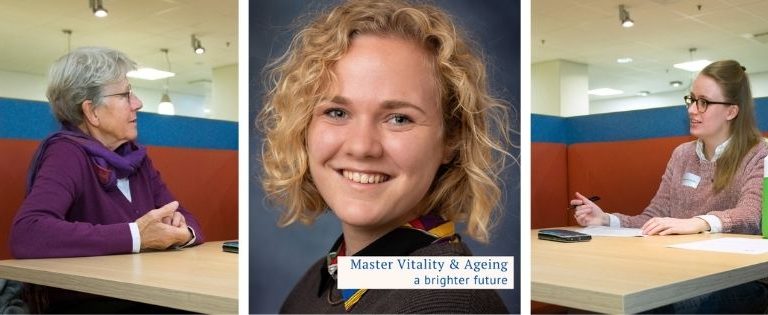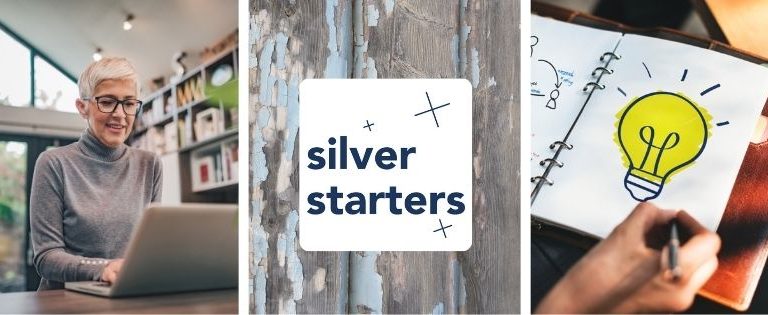What is the impact of arts engagement on the quality of life of older people? Together with Amsterdam UMC and supported by ZonMw, we conducted a 2-year research project. We recently published our findings in a special issue of scientific journal International Journal of Environmental Research and Public Health. Please click here for the open access article ‘The Value of Active Arts Engagement on Health and Well-Being of Older Adults: A Nation-Wide Participatory Study’.
An emerging body of research indicates that active arts engagement can enhance older adults’ health and experienced well-being, but scientific evidence is still fragmented. There is a research gap in understanding arts engagement grounded in a multidimensional conceptualization of the value of health and well-being from older participants’ perspectives. This Dutch nation-wide study aimed to explore the broader value of arts engagement on older people’s perceived health and well-being in 18 participatory arts-based projects (dance, music, singing, theater, visual arts, video, and spoken word) for community-dwelling older adults and those living in long term care facilities. In this study, we followed a participatory design with narrative- and arts-based inquiry. We gathered micro-narratives from older people and their (in)formal caregivers (n = 470).
The findings demonstrate that arts engagement, according to participants, resulted in (1) positive feelings, (2) personal and artistic growth, and (3) increased meaningful social interactions. This study concludes that art-based practices promote older people’s experienced well-being and increase the quality of life of older people. This study emphasizes the intrinsic value of arts engagement and has implications for research and evaluation of arts engagement.
![]() The article ‘The Value of Active Arts Engagement on Health and Well-Being of Older Adults: A Nation-Wide Participatory Study’ by Barbara de Groot, Lieke de Kock, Yosheng Liu, Christine Dedding, Janine Schrijver, Truus Teunissen, Margo van Hartingsveldt, Jan Menderink, Yvonne Lengams, Jolanda Lindenberg, and Tineke Abma was published in Augustus 2021 in the International Journal of Environmental Research and Public Health.
The article ‘The Value of Active Arts Engagement on Health and Well-Being of Older Adults: A Nation-Wide Participatory Study’ by Barbara de Groot, Lieke de Kock, Yosheng Liu, Christine Dedding, Janine Schrijver, Truus Teunissen, Margo van Hartingsveldt, Jan Menderink, Yvonne Lengams, Jolanda Lindenberg, and Tineke Abma was published in Augustus 2021 in the International Journal of Environmental Research and Public Health.
For more information, please contact Lieke de Kock or visit the project website www.kunstindezorg.com.
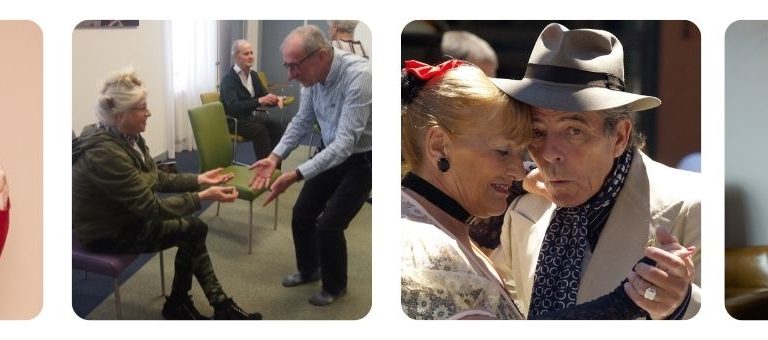
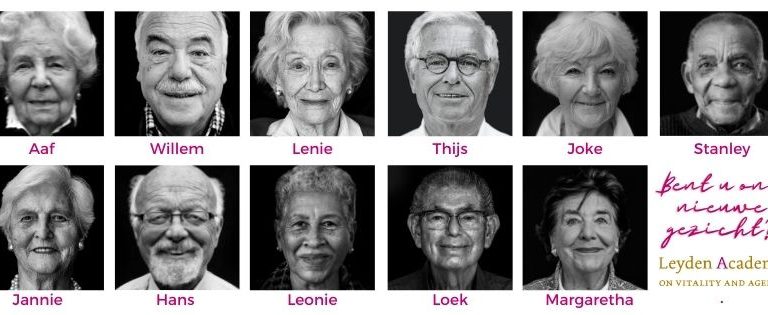
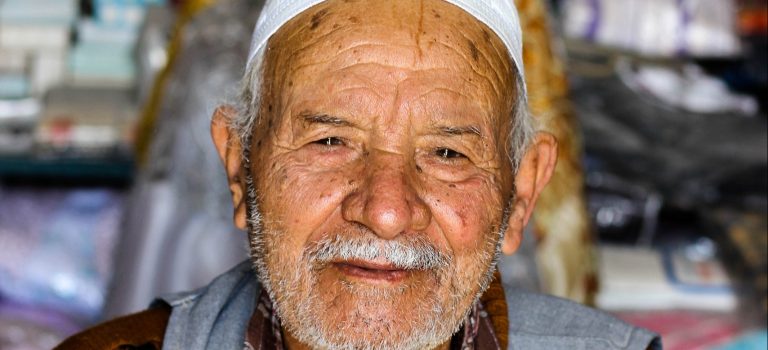
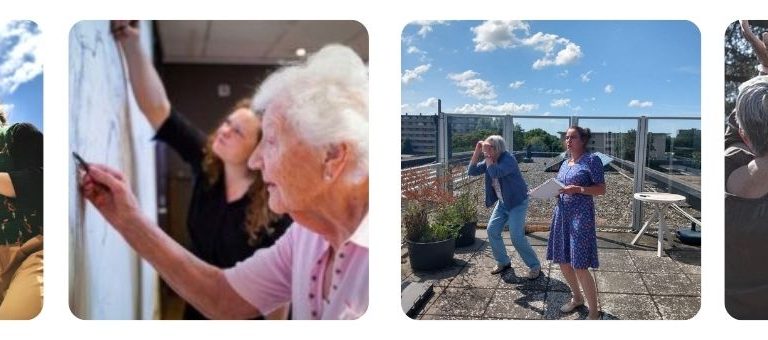
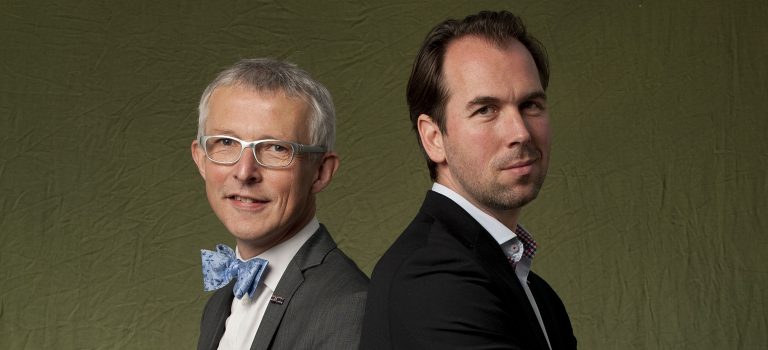
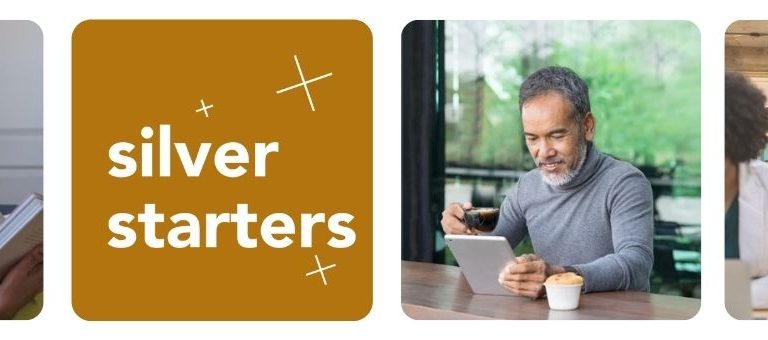
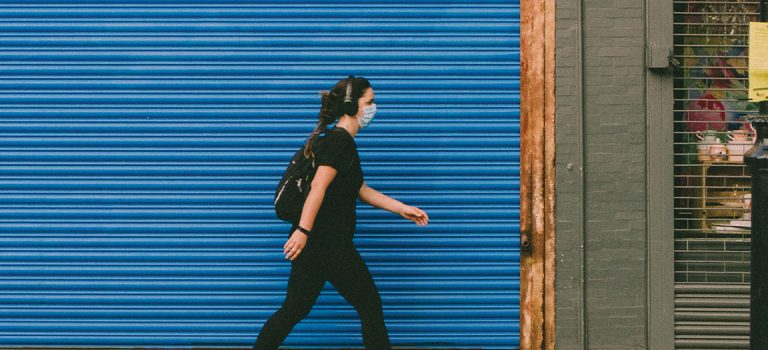
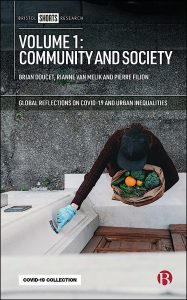 The
The 